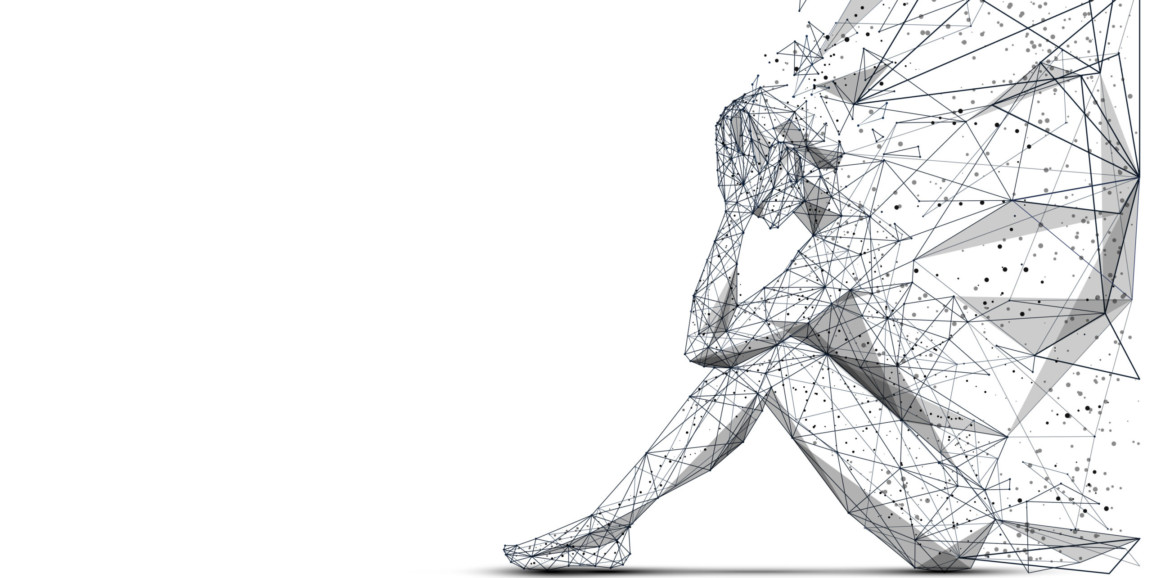Ira Glick, MD, a professor emeritus of psychiatry at Stanford Medicine, gives frequent lectures on schizophrenia, a topic he's spent decades studying. After one of his more recent lectures on the illness, Nina Cerfolio, MD, a psychiatrist in New York, approached Glick, telling him that she had run the Boston Marathon the year of the terrorist attack. They both wondered about the psychiatric state of the bombers, and it opened up questions about the mental state of mass shooters, especially because treating serious psychiatric illnesses such as schizophrenia can reduce the already low incidence of violence among these individuals.
Glick and Cerfolio had never seen a scientific study about the issue -- most documentation of mass shooters are written by reporters collecting information about the event and the shooter.
Glick and his collaborators set out to conduct the study themselves, focusing their analysis on 35 mass shooters in the United States who survived the incidents, which took place between 1982 and 2019.
Glick explained that the public mistakenly believes, based on what they read in the media, that such factors as poor parenting or short tempers underly most mass shootings. But his team found that 28 of the people whose cases they studied were likely suffering from an untreated psychiatric illness at the time of the shooting.
Just like any other health condition, mental health problems need to be taken seriously, diagnosed and treated, explained Glick. "If you or somebody in your family -- your wife, your mother, your father, your brother -- struggles with a mental health issue, you've got to get them treated, just like other serious illnesses, like cancer or heart disease."
Public health professionals should also focus on unhoused and incarcerated populations, in which the prevalence of psychiatric illness is high, he said.
Mining data in Mother Jones
Glick and his team identified the cases they studied using a Mother Jones database of 115 people identified as committing a mass shooting in the United States between January 1982 and September 2019. The database, they said in their study, which was published last year in the Journal of Clinical Psychopharmacology, included the most comprehensive list of such cases they could find.
Because they couldn't track the perpetrators of mass shootings, the researchers reviewed court records and reached out to the court psychologists and psychiatrists who had evaluated them after the event. Most mass shooters die during the confrontations, leaving their psychiatric health difficult to parse, the study said.
The team began their inquiries by developing a standardized questionnaire that they used to collect data from the interviews they conducted, including with forensic psychiatrists and psychologists and other people handling the court cases. They then paired those answers with data extracted from court documents, video interviews of assailants captured by law enforcement, and writings of the assailants on websites and in their diaries. Glick then reviewed the answers to each questionnaire.
There was enough data to determine a diagnosis on 32 of the 35 shooters studied. Of those, Glick determined that 28 met the diagnostic criteria of at least one psychiatric disorder. The most common diagnosis was schizophrenia, which affected 18 of the patients.
Other diagnoses included bipolar 1 disorder; delusional disorder, during which reality and falsehoods are indistinguishable; personality disorder, which results in rigid and dysfunctional patterns of thinking; substance use disorder and post-traumatic stress disorder.
None of the assailants had received medication or other treatment before committing the crimes. Most had never been medically diagnosed using scientific criteria.
To assess whether the psychiatric health of those assailants who died might be different from those who survived, the researchers randomly selected 20 individuals who died in the incidents and dug up media reports that included information about the person's health and illnesses.
For five of those people, there was not enough data to analyze mental health status. For seven, the team found evidence that suggested the individual had experienced psychosis -- which causes a person to lose touch with reality -- but the information wasn't conclusive enough to determine a diagnosis. One shooter had a form of epilepsy, based on autopsy results, according to Glick.
For the final eight individuals, the team determined they were likely afflicted with schizophrenia, based on the media reports. As with those who survived, none of the deceased shooters had received psychiatric treatment prior to the shootings.
"Patients with schizophrenia, in general, have a lower incidence of violence," said Glick. "But if they're untreated, we don't know who might act on violent urges. This is a big issue for the public. You can save lives -- err on the side of seeking help, rather than not."
Photo by Anttoniart






